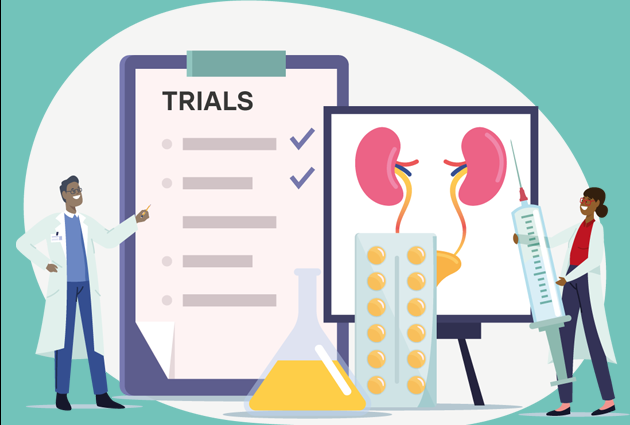ISN Constituency Statement – Recognize people living with NCDs as a vulnerable population across WHO work in health emergencies – at the WHO 154th EB
154th session of WHO’s Executive Board (EB154)
Constituency Statement:
Agenda Item 14. WHO’s work in health emergencies
Distinguished delegates,
We welcome the reports summarizing WHO’s work in health emergencies and efforts to strengthen global governance of health emergency preparedness and response by seeking complementarity between the parallel processes of the Working Group on Amendments to the International Health Regulations (WGIHR) and the Intergovernmental Negotiating Body (INB), and coherence among the global, regional and national initiatives and strategies. We welcome the recognition of a steep global increase in humanitarian health needs and efforts to build more resilient communities and health systems.
The COVID-19 pandemic showed that the high prevalence of underlying conditions such as noncommunicable diseases (NCDs) markedly increases the vulnerability of populations. Studies estimate 60 to 90% of COVID-19 mortality is attributable to these comorbidities. People living with NCDs face greater challenges in humanitarian settings. Health systems and services previously provided within a country may be seriously undermined, including with the disruption in the delivery of essential healthcare and supplies of medicines and products.
We urge Member States to:
● Recognize people living with NCDs as a vulnerable population across WHO work in health emergencies for the progressive realisation of universal health coverage, integrate essential NCD services into every part of the emergency cycle, and build resilient models of primary care that are people-centred and affordable for all.
● We recommend that draft bureau text of the WHO Pandemic Agreement:
o Reinstates “persons with health conditions”, including those living with NCDs, within the definition of “persons in vulnerable situations” as originally seen in the zero draft;
o Strengthens language on the role of pandemic prevention, preparedness and response in the realisation of universal health coverage;
o Safeguards specific language on protecting, investing in and sustaining a multi- disciplinary health and care workforce and the continuation of essential health services across the continuum of care, particularly for people living with NCDs, during pandemic preparedness, response and recovery;
o Reinstates previous draft text commitments to mobilise resources to maintain essential health services during and after a pandemic.
Thank you.
Statement coordinated by:
● NCD Alliance
Statement supported by:
● Global Alliance for Tobacco Control (GATC), formerly the Framework Convention
Alliance on Tobacco Control (FCA)
● FDI World Dental Federation (FDI)
● HelpAge International (HelpAge)
● International Agency for the Prevention of Blindness (IAPB)
● International Diabetes Federation (IDF)
● International Federation on Ageing (IFA)
● International Society of Nephrology (ISN)
● Multiple Sclerosis International Federation (MSIF)
● Union for International Cancer Control (UICC)
● World Heart Federation (WHF)
● Worldwide Hospice Palliative Care Alliance (WHPCA)











